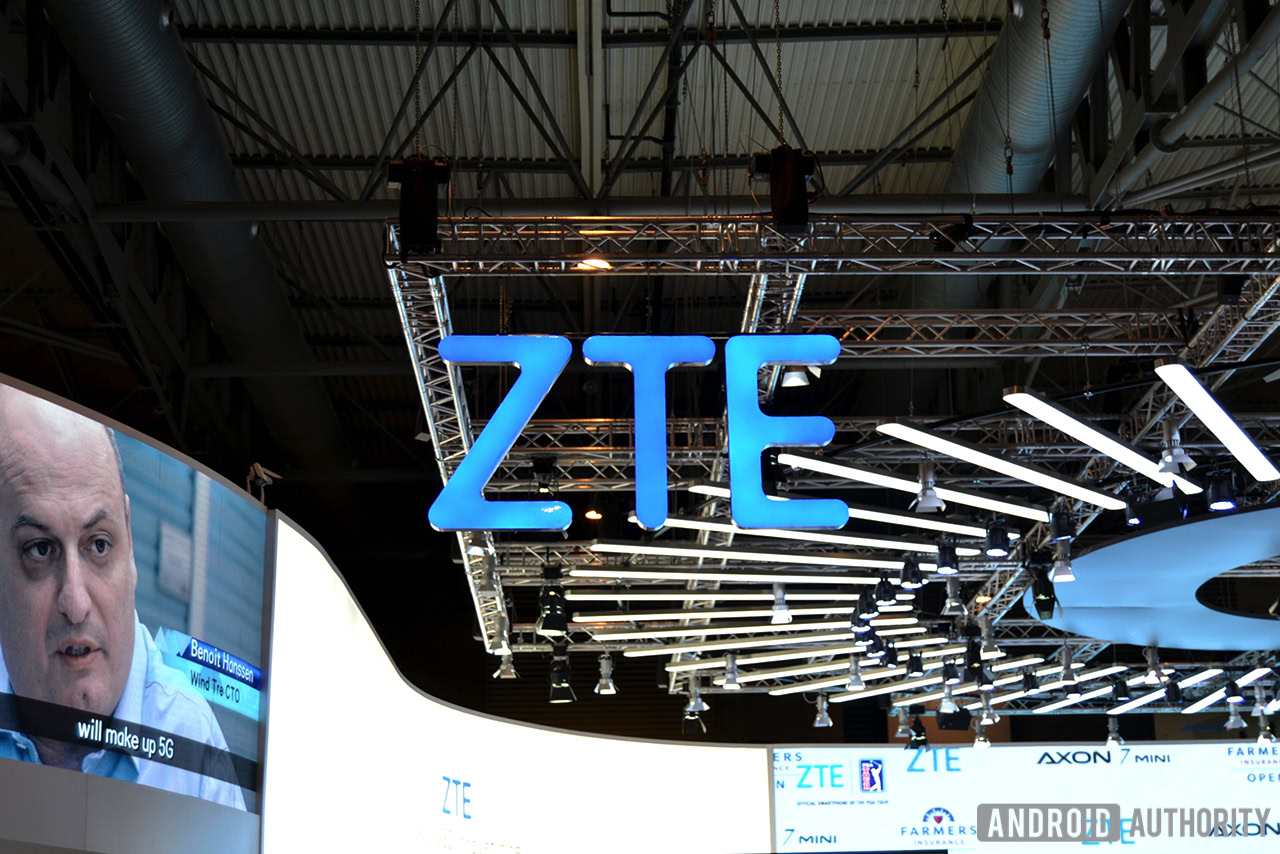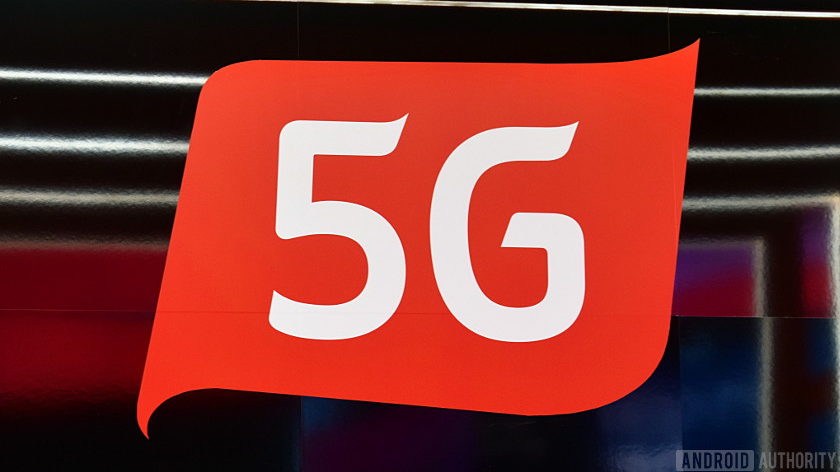Affiliate links on Android Authority may earn us a commission. Learn more.
China tipped to accelerate domestic chip plans after ZTE supply ban
April 20, 2018

- Chinese government in talks to ramp up its already aggressive plans for domestic chip manufacturing.
- Decision comes a few days after U.S. supply ban against ZTE, which could result in Qualcomm pulling its Snapdragon chips from the company.
- ZTE also faces the possibility of losing licenses relating to the Android platform.
The U.S. supply ban against ZTE means the company faces a lack of key components for its smartphones, such as Qualcomm processors. However, China reportedly intends to fight back by speeding up its domestic chip industry.
According to Reuters, citing two people “with direct knowledge of the talks”, senior government officials met with industry bodies, regulators, and the local chip fund to accelerate plans for the field.
“In the last few days senior Chinese officials have met to discuss plans to speed up the development of the chip industry,” one of the sources told the outlet.
Prominent Chinese chipmakers and upstarts alike stand to benefit from the country's accelerated plans for the sector.
Reuters suggests that domestic chip companies such as HUAWEI’s HiSilicon, Tsinghua Group (the owners of Spreadtrum), and Semiconductor Manufacturing International Corp could win big as a result of the new plans.
The country’s chip sector is already set for a boost thanks to the Made In China 2025 initiative, which calls for improved domestic manufacturing and R&D across industries. Reported goals include manufacturing 70 percent of materials and components locally, as well as establishing 40 so-called “innovation centers.” As for the mobile sector, the initiative wants locally made chips inside at least 40 percent of smartphones in the domestic market by 2025.

The news comes a few days after the U.S. government announced a supply ban against ZTE. The company faces a serious threat to its business as it uses Qualcomm’s Snapdragon chips in many phones. In fact, the nubia brand, which is partially owned by ZTE, launched its REDMAGIC gaming phone yesterday (April 19), which is powered by a Snapdragon 835 processor.
Hardware isn’t the only problem ZTE has to worry about as a result of the trade spat. The company reportedly faces the possibility of losing its Android-related licenses as well.
Although the Android platform is open-source, Google issues a free license to qualifying manufacturers for its Google Mobile Services (GMS) suite. GMS is essentially a collection of popular Google apps and APIs that come preinstalled on most Android phones outside of China. The loss of the GMS suite could mean that ZTE’s international business is dealt a severe blow.
Thank you for being part of our community. Read our Comment Policy before posting.